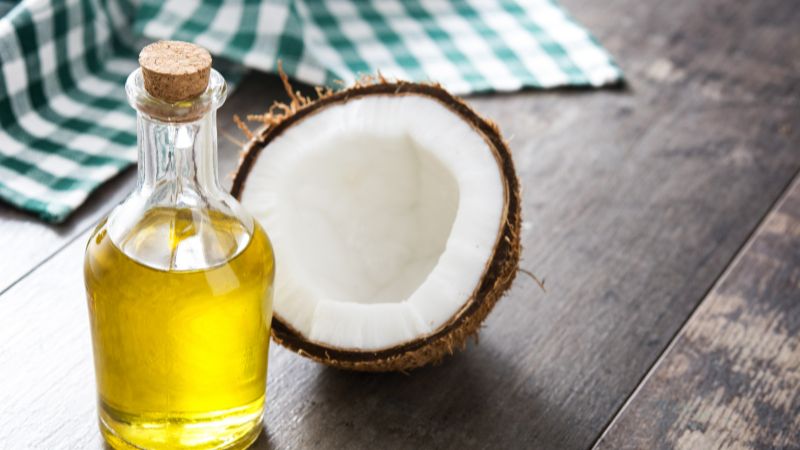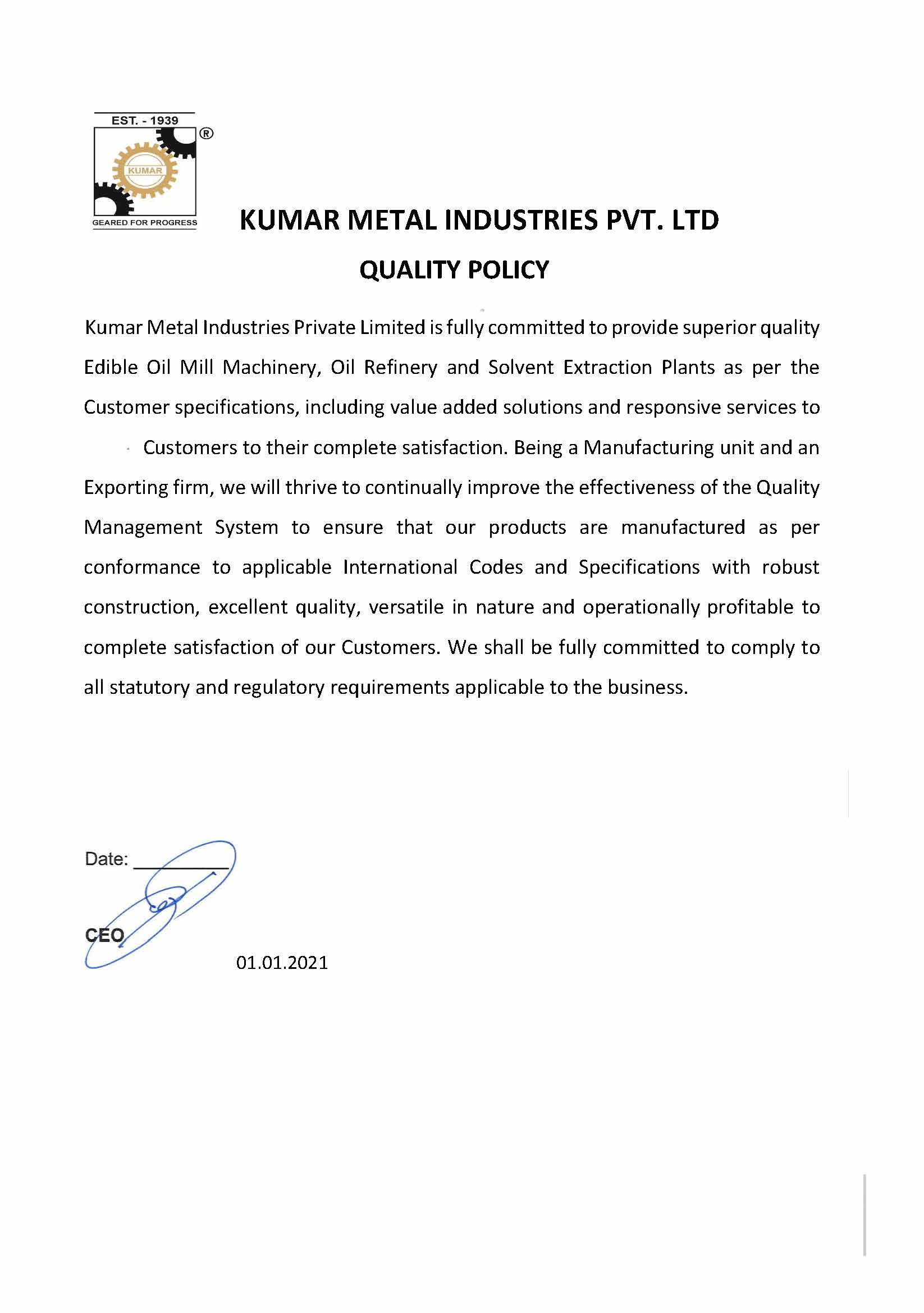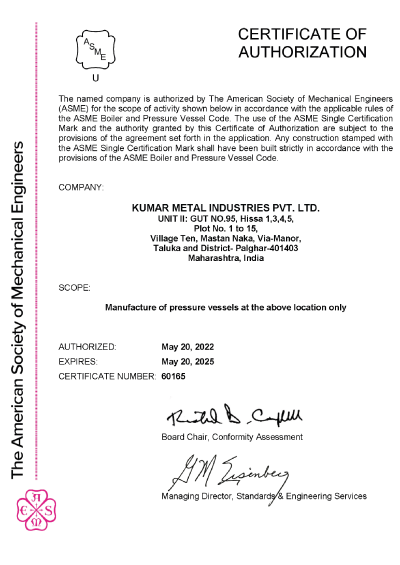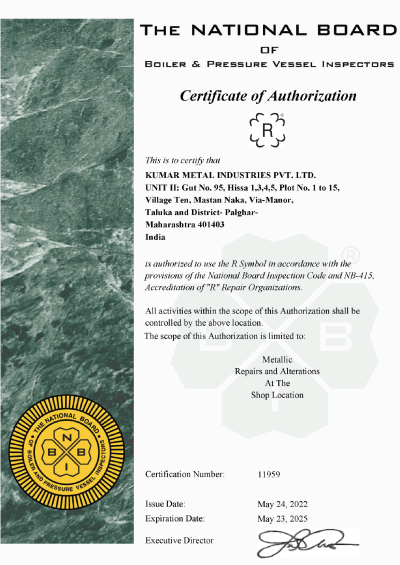
As the world's population grows increasingly health-conscious, the demand for edible oils extracted naturally is rising. These naturally pressed oils are widely prefaced by the term 'virgin' to indicate their untouched and natural state. The most popular among these are VOO (virgin olive oil), EVOO (extra virgin olive oil) and VCO (virgin coconut oil). Unlike olive oil, the terms ‘virgin’ and ‘extra virgin’ are not regulated with coconut oil. There is no difference in products labelled with these terms.

VCO promotes healthy skin and teeth, lowers cholesterol, strengthens the immune system and regulates blood sugar and prevents heart disease.
Compared to refined coconut oils, the production process of VCO preserves the raw materials from coconut as much as possible by not exposing it to too much heat. There may be exposure to sunlight, but nowhere near the same levels as refined coconut oils go through. The resulting oil has a smoke point of about 350 degrees F, which can be used for quick sautéing or baking but is not appropriate for very high heat such as deep-frying. Virgin coconut oil may last for 2-3 years if stored properly away from heat and light. Signs of spoilage include mould, a yellow tint, or rancid odours or flavours.
For an oil to be considered virgin, it has to meet very specific standards. There are three primary methods used to produce virgin coconut oil after the wet coconut meat has been washed and stabilised.

- The first is a process known as wet milling. Virgin coconut oil is extracted from fresh coconut milk obtained from the mature kernel (12 months old following pollination).

Here the oil is extracted from fresh coconut meat without the intermediate drying process. Coconut milk is pressed from the meat and the oil is separated from the water through methods like fermentation, boiling, refrigeration, enzymes or a mechanical centrifuge.
2. In the second method, Virgin coconut oil is produced using dried coconuts in a screw/expeller-press.

Wet meat after washing and stabilizing is disintegrated or shredded using a fine cutter and dried under controlled conditions from 45/50% moisture level to 3% moisture level to eliminate moisture and prevent rancidity in the oil. Coconut meat is dried at a fixed temperature or with slight heating. The dried material is passed through the screw/expeller-press with stainless steel contact parts. Virgin coconut oil is obtained after clarification and filtration. This method is the most common method and very efficient for mass production.
3. The third method involves cold pressing without use of heat.

Virgin coconut oil can be consumed in its natural state without any need for additional processing.
At Kumar we manufacture a stainless steel 304 screw/expeller-press to process virgin coconut oil.
You might find these interesting:
Read about the commercial aspects of coconut oil production in India
How to set up a virgin coconut oil plant in India
For 82 years, Kumar has been delivering dependable process engineering solutions to the oils and fats industry. We're known for our robustly engineered, versatile and operationally profitable plant and machinery. It's why over 500 customers in 65 countries depend on us to solve their processing challenges, big or small. If you’d like to know more about our solutions please fill out the form below:
"*" indicates required fields



















